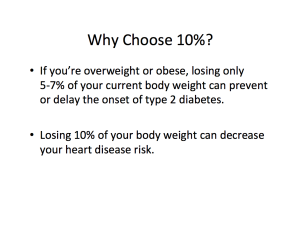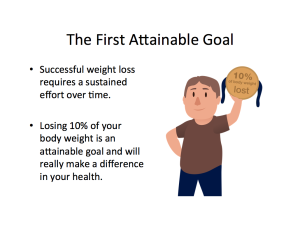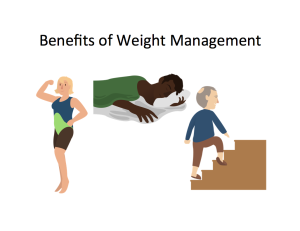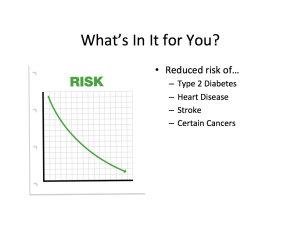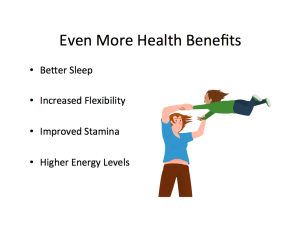A recent study published in the Journal of Clinical Endocrinology and Metabolism suggests that “metabolically healthy obese” people, a subset of obese individuals who were initially thought to not be at high risk of heart and other chronic diseases, still might have elevated health risks.
Study author Kristine Faerch from the Steno Diabetes Center in Copenhagen states that while it was once thought that it was not unhealthy to be overweight or obese if you lived a healthful lifestyle, newer research suggests that this is not the case.1 Overweight and obese individuals face an increased risk of type 2 diabetes and heart disease. To lower risk, maintaining a healthy weight throughout the lifecycle is vital.
Faerch and her team of researchers evaluated data from over 6,200 men and women that joined a Danish study wherein they were tracked for over 10 years. The subjects’ initial BMIs and risk factors for heart disease (including HDL a.k.a. “healthy” cholesterol levels, high blood pressure, triglycerides, and blood glucose) were all monitored. “Metabolically healthy” subjects had none of these risks, while “metabolically unhealthy” subjects were defined as having at least one risk factor. In the follow up period, 323 subjects developed heart disease. Men who were metabolically healthy but obese had 3 times the risk of heart disease when compared to metabolically healthy men at a normal weight. Women that were metabolically healthy but obese had double the risk of heart disease. Overweight men that were metabolically healthy had equivalent risk as their normal weight counterparts. Overweight women had a slightly higher risk than normal weight subjects. The authors note that only 3% of male and female subjects were obese, but considered metabolically healthy. Over a 5-year period, 40% of those considered metabolically healthy became metabolically unhealthy.
Joshua Bell from the UK’s University of Bristol was not surprised by these results. He and his colleagues published a paper this past February which noted that obesity increases age-related disability and decline, even in metabolically healthy individuals.2 His research found that after 2 decades, physical ability declined two times more while pain increased six times more in obese individuals when compared to normal weight individuals. Bell further stresses that heart disease is not the only risk factor to consider when discussing healthy aging.
Matthias Schulze at the German Institute of Human Nutrition in Potsdam-Rehbruecke believes that other measurements such as waist to hip ratios, waist circumference, and body fat could be explored to determine whether someone is “metabolically healthy” and obese.3 Healthy and obese can change to unhealthy and obese very quickly.
More research is needed to find how to decrease disease risk in both groups.
By Lisa Andrews, MED, RD, LD
References:
- Louise Hansen, MSc, Marie K Netterstrøm, MSc, Nanna B Johansen, MD, PhD, Pernille F Rønn, MSc, Dorte Vistisen, MSc, PhD, Lise LN Husemoen, MSc, PhD, Marit E Jørgensen, MD, PhD, Naja H Rod, MSc, PhD, DMSc, Kristine Færch, MSc, PhD. Metabolically healthy obesity and ischemic heart disease: a 10-year follow-up of the Inter99 study. J Clin Endocrinol Metab jc.2016-3346. Published March 7, 2017.
- J A Bell, S Sabia, A Singh-Manoux, M Hamer, and M Kivimäki. Healthy obesity and risk of accelerated functional decline and disability. International Journal of Obesity advance online publication 14 March 2017; doi: 10.1038/ijo.2017.51.
- Kristin Mühlenbruch, Tonia Ludwig, Charlotte Jeppesen, Hans-Georg Joost, Wolfgang Rathmann
Christine Meisinger, Annette Peters, Heiner Boeing, Barbara Thorand, Matthias B. Schulze. Update of the German Diabetes Risk Score and external validation in the German MONICA/KORA study. Diabetes Research and Clinical Practice. June 2014 Volume 104, Issue 3, Pages 459–466.
And here are a few fantastic posters to promote healthy weight management…



